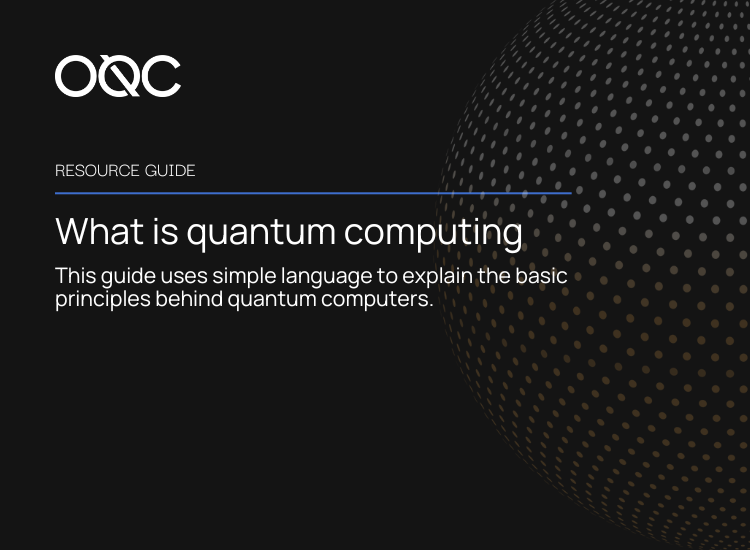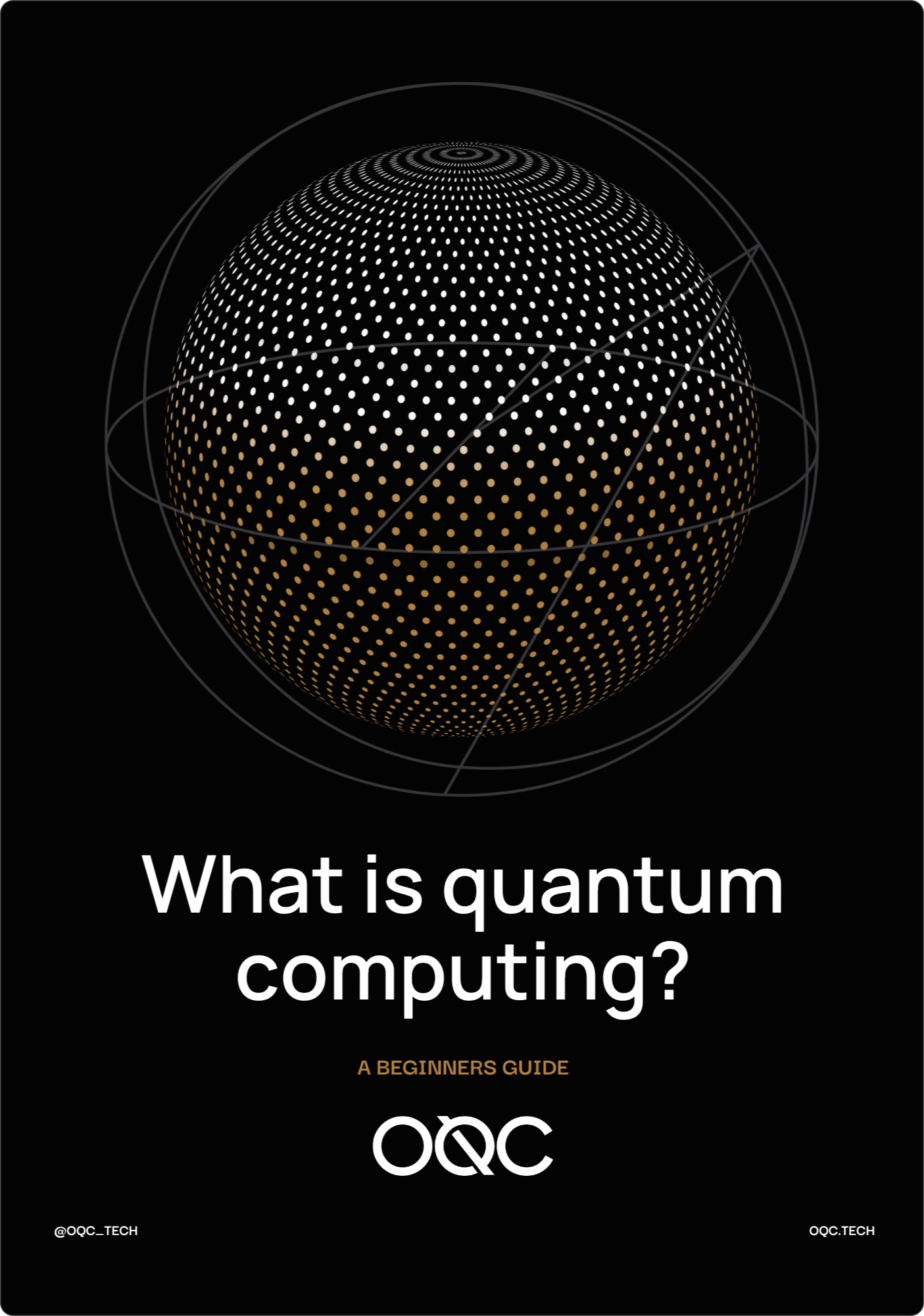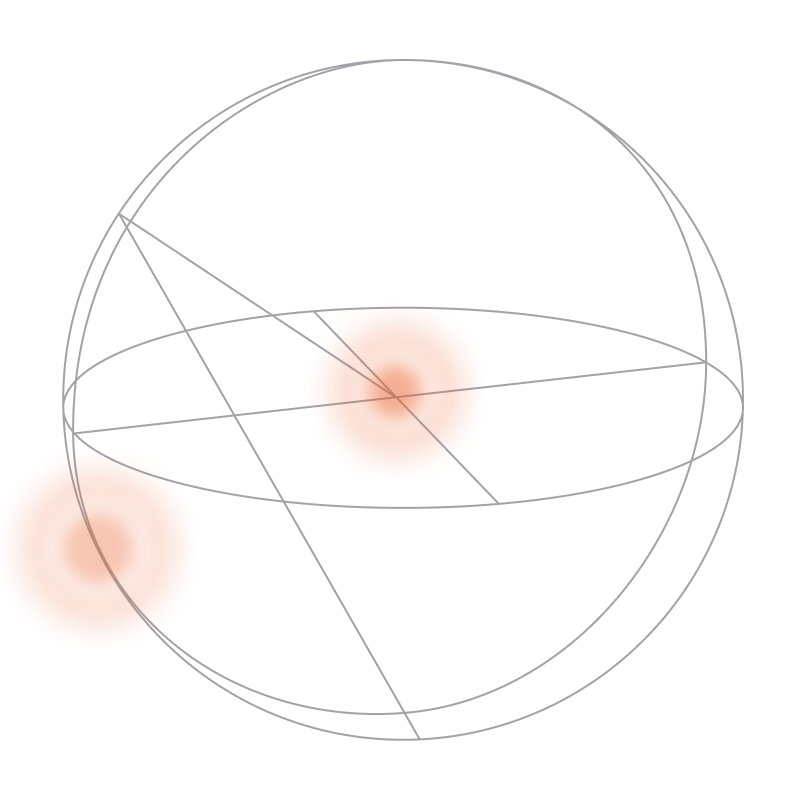
A BEGINNERS GUIDE
What is quantum computing?
Download Our Beginner’s Guide to Quantum Computing.

Quantum is a fast-growing field at the intersection of physics and computer science, quantum computing is set to have revolutionary capabilities far surpassing “classical” computation.
This guide uses simple language to explain the basic principles behind quantum computers: superposition, and entanglement. The resource is aimed at making key ideas accessible to give readers a taste of what quantum computing is really about.
What’s Inside the Guide?
- Understand the basics: Learn about superposition, entanglement, and qubits in simple terms.
- Technological foundations: Get insights into different types of qubits, including the Coaxmon (superconducting), and understand the hardware and software behind quantum computing.
- Historical Context: Trace the evolution of quantum computing from early theories to today’s advancements.
Quantum computing explained
Quantum computers are a new generation of problem solving machines which operate according to completely new rules. This new kind of computing will make entirely new forms of information processing possible, which will help to generate breakthrough discoveries in a variety of industries. It has the potential to revolutionise sectors such as financial services, pharmaceuticals, operations and logistics, and security amongst others through faster and more nuanced information processing.
Qubits, quantum gates and quantum software
Just like the ‘bit’ found in classical compute, quantum compute use qubits; short for “quantum bit”. It is the foundational unit of information in quantum computing. Their ability to be in a superposition means that quantum algorithms can use a group of qubits in a superposition to shortcut through calculations, giving them their innate capacity to work faster.
Quantum gates manipulate the quantum states of qubits, performing specific operations to allow for the execution of quantum algorithms and computations. Quantum algorithms can be hard to develop and programme, and the most promising applications hard to identify, however extensive research and experimenting of quantum algorithms is already underway by organisations and academics around the globe.
TALK TO US
Need help?
For more information, or to talk to our team about the most appropriate quantum solution for your needs, get in touch with us today.
